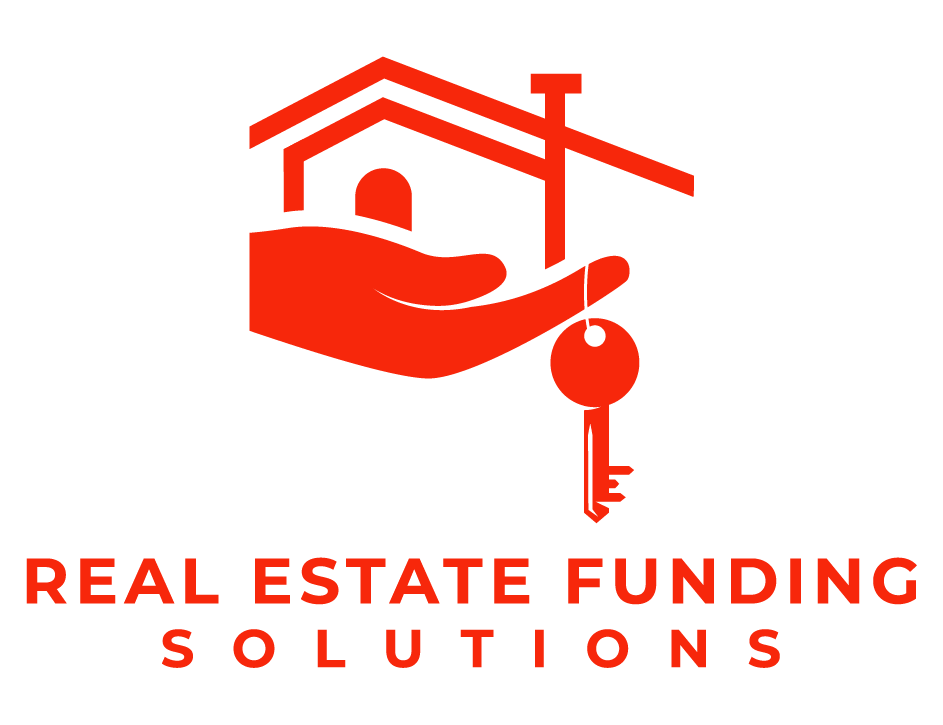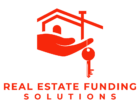Securing financing for rental properties is a crucial step for real estate investors looking to capitalize on the income potential of their investments. Rental property loans, also known as investment property loans, provide the means to purchase, refinance, or renovate properties intended for rental income. In this comprehensive article, we’ll explore the ins and outs of rental property loans, including the various types available, the role of investment property lenders, and the key factors to consider when venturing into real estate investments.
Understanding Rental Property Loans
Rental property loans are designed to assist investors in acquiring or managing properties for rental income. These loans are tailored to the unique financial needs and goals of real estate investors, allowing them to access capital and grow their investment portfolios. Rental property loans are available for various property types, including residential and commercial properties.
Types of Rental Property Loans
Traditional Mortgages: Traditional investment property loans often require a higher down payment, typically ranging from 20% to 30%. These loans follow similar application and approval processes to residential mortgages.
Fix and Flip Loans: For investors looking to purchase properties in need of renovation, fix and flip loans provide short-term financing for acquisition and renovation costs.
Rental Property Mortgages: Rental property mortgages are specifically tailored for long-term rental investments. They offer competitive interest rates and terms to support sustainable rental income.
Role of Investment Property Lenders
Investment property lenders play a pivotal role in providing financing solutions for real estate investors. These lenders specialize in understanding the unique dynamics of investment properties, including potential rental income, property value, and market trends. Reputable investment property lenders offer personalized guidance, flexible loan options, and a streamlined application process to meet the diverse needs of investors.
Factors to Consider
Loan Terms: Evaluate the terms of the loan, including interest rates, repayment period, and any associated fees. Longer terms can provide stability, while shorter terms may offer quicker returns.
Down Payment: Prepare for a higher down payment compared to traditional residential mortgages. A substantial down payment can positively impact loan terms.
Cash Flow Analysis: Assess the property’s potential rental income against the monthly mortgage payments and operating expenses to ensure positive cash flow.
Property Type: Different loan options are available for residential and commercial rental properties. Choose the loan type that aligns with your investment strategy.
Market Research: Conduct thorough market research to understand rental demand, property value trends, and potential returns on investment.
Conclusion
Rental property loans are a vital tool for investors seeking to capitalize on the income potential of real estate investments. As you explore investment property loans and investment property lenders, ensure a comprehensive understanding of loan types, terms, and market dynamics. Investing in rental properties demands careful consideration of your financial goals, property type, and local market trends. By partnering with reputable investment property lenders and conducting thorough due diligence, you can navigate the world of real estate investments with confidence and embark on a path of financial growth and success.



